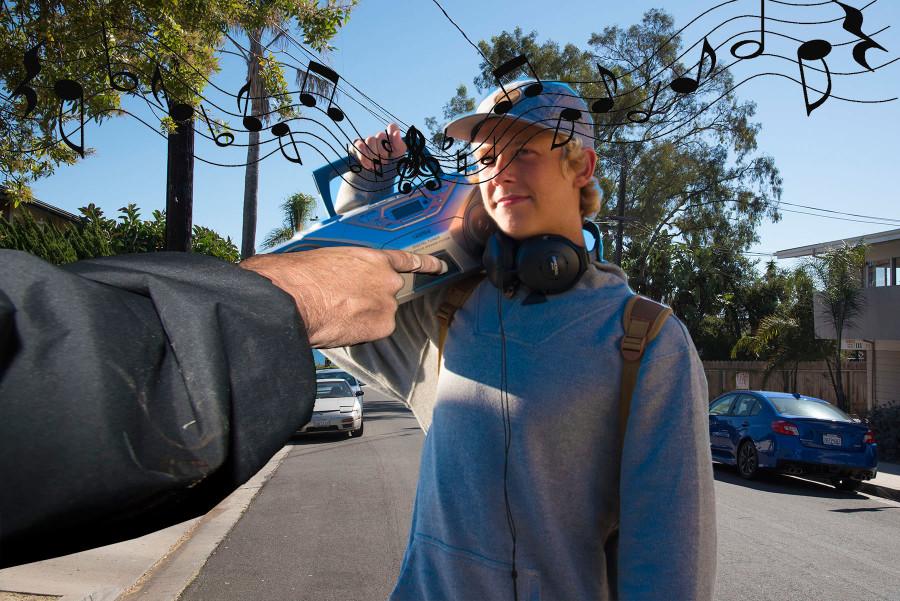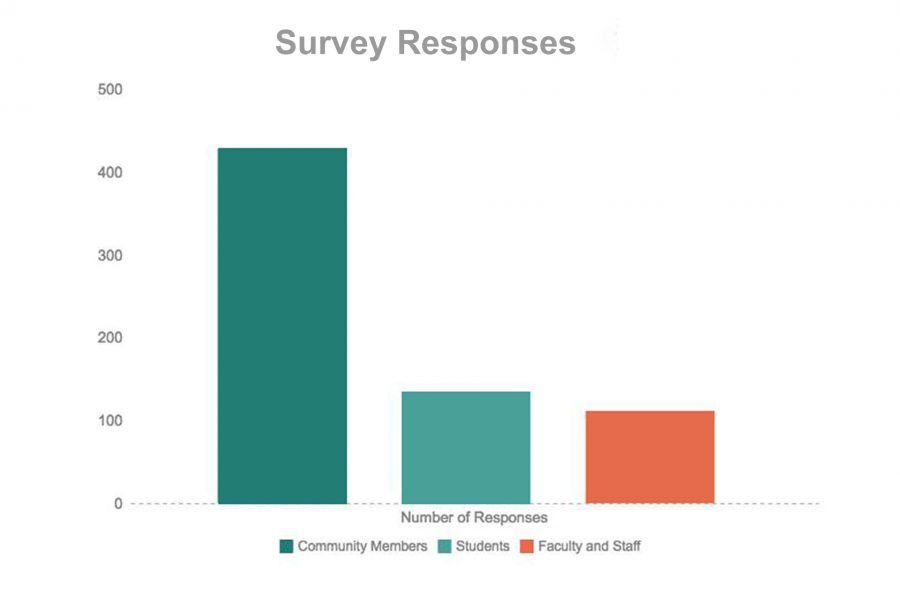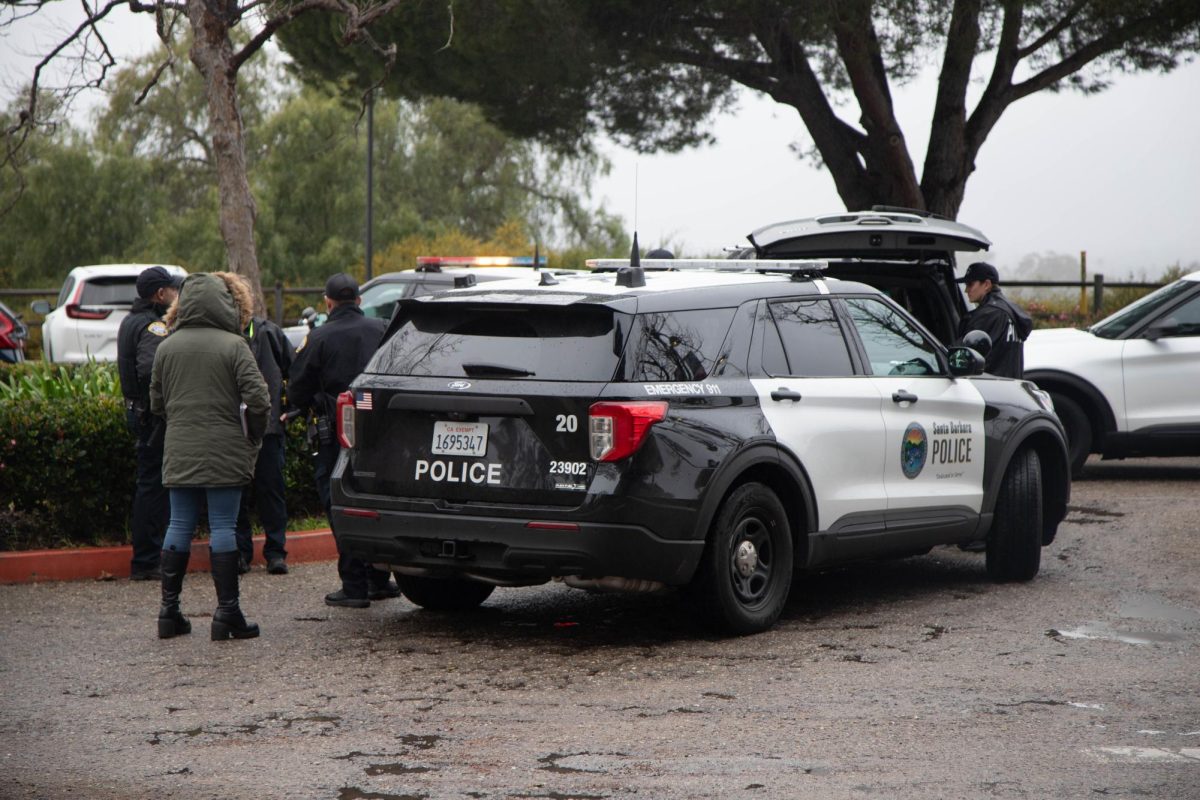The Santa Barbara Police Department is currently working on a plan to hire students to patrol the surrounding areas of the college in response to the multitude of noise complaints.
The Student Neighborhood Assistance Program is a joint effort with the college and would hire students to act as first responders and issue warnings for noise complaints received by the police department. The students would just be making first contact, and would not be able to issue citations or make arrests.
“We want to improve our relationships with the neighborhoods,” said Joe Sullivan, the vice president of business services. “The neighborhood has some very legitimate complaints about students in the neighborhoods.”
City College is mirroring a program at Cal Poly in San Luis Obispo, which has reduced noise complaints by 30 percent since being implemented. The program would be run through the police department, but the college is contributing $100,000 in startup funds.
The overcrowding of housing in Santa Barbara, especially in the neighboring areas around City College, has been a continual problem that plagues the city. Along with densely populated areas of college students comes party culture, and some worry that it could be turning into a new Isla Vista.
The program is the city’s response to this problem, and is based on the intention to create a friendlier interaction with those who receive complaints.
“They prefer the first contact to be peer to peer, instead of with the police department,” said Sergeant Riley Harwood, community and media relations officer at the police department. “They don’t feel like it’s going to be a confrontational interaction.”
The program would also relieve some of the pressure on the police department because it would not have to divert on duty officers to issue a warning for a noise complaint.
“It’s a great way to take the enforcement and responsibility out of the citizen and place it in the hands of the officer,” said Erik Fricke, head of campus security. “Before, to issue a citation they had to have a resident to sign off on it, now it puts the discretion in the police officer’s hands.”
The police department would look to recruit students from City College and other schools to train for the position. Harwood said they are currently unsure what training would be given, but it would include a lot of on-the-job training.
The implementation of the program relies on the passing of an update to the city’s current noise ordinance.
“The program hasn’t been created yet,” Harwood said. “It’s something that will go hand in hand with changes being made to the city’s noise ordinance.”
The ordinance would be changing a noise violation from a criminal offense to a civil violation, which would then result in a citation.
“The students who are potentially in the crosshairs of getting cited for a disturbance, they like the fact that it won’t result in them getting a criminal record that they would carry with them for the rest of their lives,” Harwood said. “The people whose peace is being disturbed, and also the authorities who are trying to quell these problems, also like it because the sanctions that comes with the violations are pretty stiff.”
The fines would start at upwards of $300 dollars and increase with each violation.
A draft of the updated noise ordinance has already been filed and is awaiting judgment. Sullivan said he is hopeful that the program could be implemented in the spring if the ordinance is passed. However, Harwood was unsure when it might be completed.
The program will start in the surrounding neighborhoods of City College, and if successful could spread citywide.
















